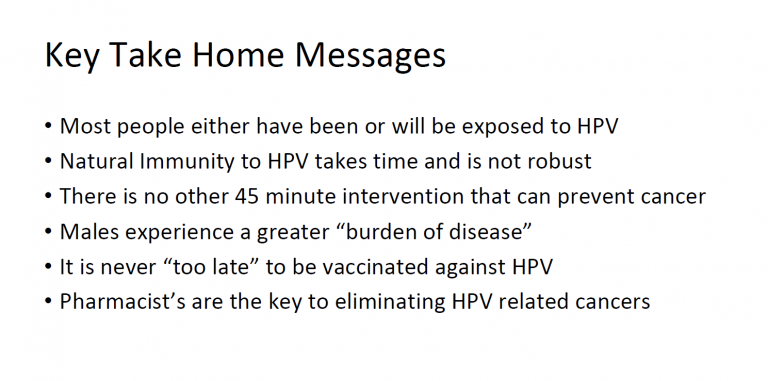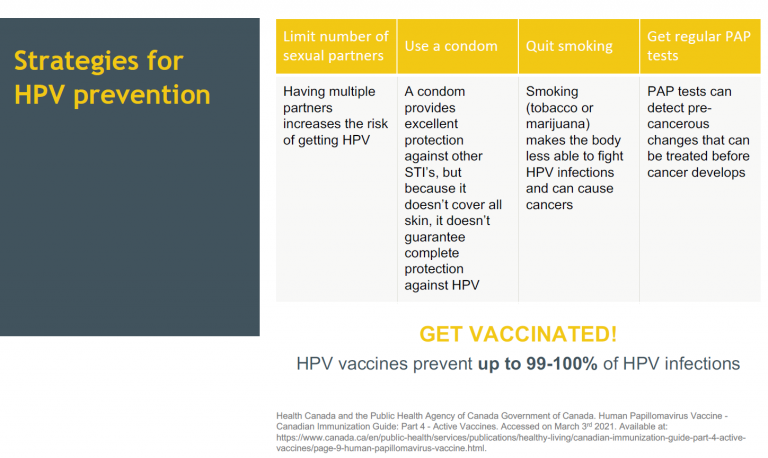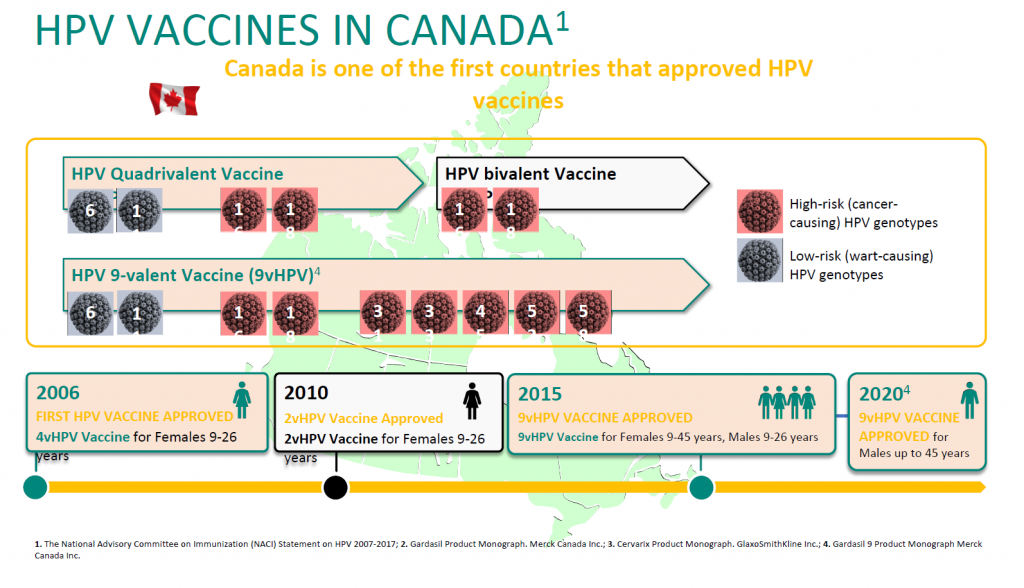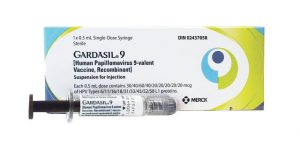About HPV ( Human Papillomavirus)
Most cervical cancers are associated with human papillomavirus (HPV), a sexually transmitted infection. Widespread immunization with the HPV vaccine could reduce the impact of cervical cancer and other cancers caused by HPV worldwide. Here’s what you need to know about the HPV vaccine.
- HPV is one of the most common sexually transmitted infections (STIs). Three out of four sexually active people will get HPV at some point in their lives.
- Anyone who has any kind of sexual activity with another person involving oral, genital, or anal contact can get HPV.
- Sexual intercourse is not necessary to get infected.
- The more sexual partners you have, the higher the risk of being infected with HPV.
- Men who have sex with men are also at higher risk of HPV infection.
- Most people infected with HPV do not show any signs or symptoms and can pass the virus onto others without even knowing it.
- Most often, an HPV infection will clear on its own. For some people, HPV will not go away, and cells infected with the virus can become cancerous over time.

What are HPV vaccines?
- The HPV vaccines protect against infection from certain types of human papillomavirus (HPV) that cause cancers of the anus, cervix, mouth and throat, penis, vagina, and vulva as well as genital warts
- There are two HPV vaccines available in Canada: Cervarix® (HPV2) and Gardasil®9 (HPV9). The HPV9 vaccine is approved for use in both males and females. The HPV2 vaccine is only approved for use in females.
- Both vaccines protect against 2 types of HPV that cause about 70% of cases of cervical cancer and 80% of cases of anal cancer. The HPV9 vaccine protects against 5 additional types of HPV that cause 15% to 20% of cervical cancers and 11% of anal cancers in women and 4% in men.
- The HPV9 vaccine also protects against 2 types of HPV that cause about 90% of cases of genital warts.

Who should get the HPV vaccine?
HPV9 vaccine
In BC, the HPV9 vaccine is provided free to girls and boys in grade 6.
Boys (born in 2006 or later) and girls who did not get the vaccine in grade 6 remain eligible for the free HPV vaccine if they start their vaccine series before their 19th birthday and complete it before their 26th birthday.
The HPV9 vaccine is also provided free to:
- HIV positive individuals 9-26 years of age
- Transgender individuals 9-26 years of age
- Men 9 to 26 years of age who:
- have sex with other men
- are not yet sexually active but are questioning their sexual orientation
- are street-involved
- Boys 9 to 18 years of age in the care of the Ministry of Children and Family Development (MCFD)
- Boys and men of any age who are in youth custody services centres
The HPV9 vaccine is also recommended, but not provided free (unless mentioned above), for:
- Adult women up to 45 years of age
- Boys and men 9-26 years of age
- Men 27 years of age and older who have sex with men
HPV2 vaccine
The HPV2 vaccine is recommended, but not provided free, for girls and women 9 to 45 years of age. The HPV2 vaccine is not currently approved for use in boys or men.
Anyone who is not eligible for a free HPV vaccine can purchase it from Sina Pharmacy.

Who should not get the HPV vaccine?
The HPV vaccine isn’t recommended for pregnant women or people who are moderately or severely ill. Tell your doctor if you have any severe allergies, including an allergy to yeast or latex. Also, if you’ve had a life-threatening allergic reaction to any component of the vaccine or to a previous dose of the vaccine, you shouldn’t get the vaccine.
Does the HPV vaccine offer benefits if you’re already sexually active?
Yes. Even if you already have one strain of HPV, you could still benefit from the vaccine because it can protect you from other strains that you don’t yet have. However, none of the vaccines can treat an existing HPV infection. The vaccines protect you only from specific strains of HPV you haven’t been exposed to already.
Does the HPV vaccine carry any health risks or side effects?
The HPV vaccine has been found to be safe in many studies.
Overall, the effects are usually mild. The most common side effects of HPV vaccines include soreness, swelling or redness at the injection site.
Sometimes dizziness or fainting occurs after the injection. Remaining seated for 15 minutes after the injection can reduce the risk of fainting. Headaches, nausea, vomiting, fatigue or weakness also may occur.
Do women who’ve received the HPV vaccine still need to have Pap tests?
Yes. The HPV vaccine isn’t intended to replace Pap tests. Routine screening for cervical cancer through regular Pap tests beginning at age 21 remains an essential part of preventive health care.
Other resources
ImmunizeBC HPV Vaccine: https://immunizebc.ca/hpv
We Can Be the First
Vaccination Needs Across the Lifespan:
Vaccinations Across the Lifespan

